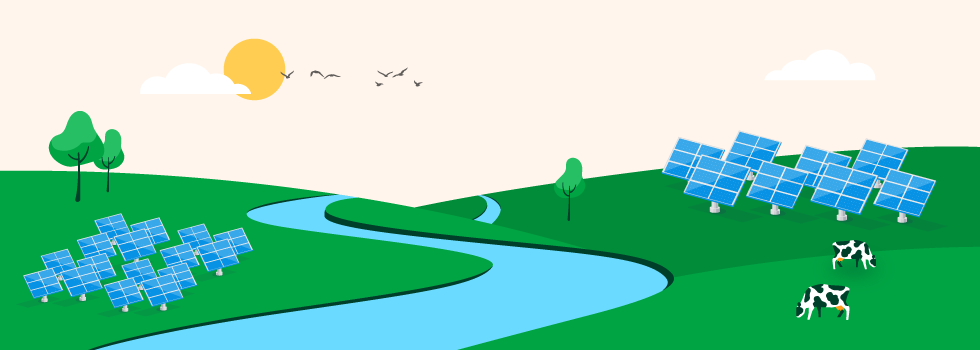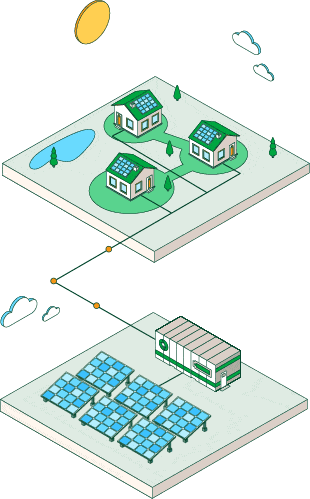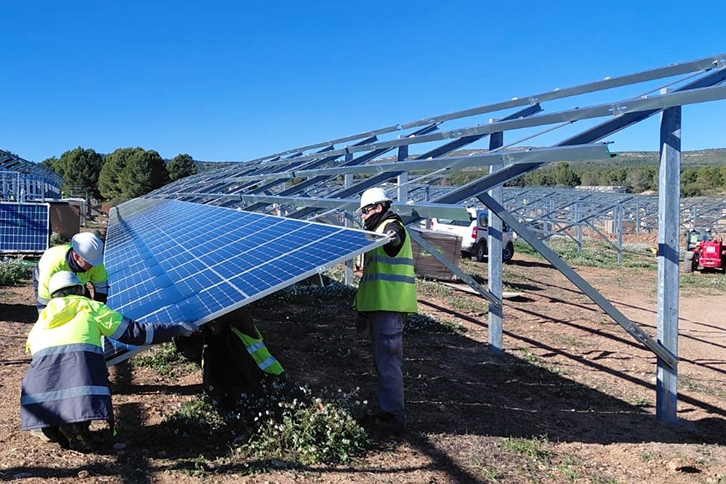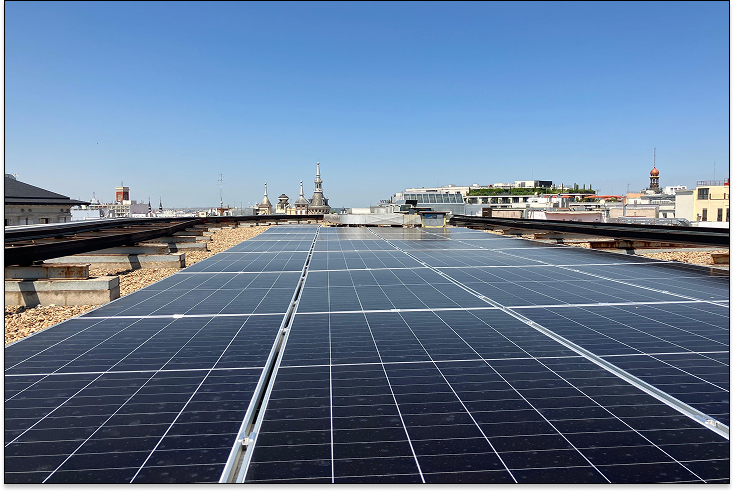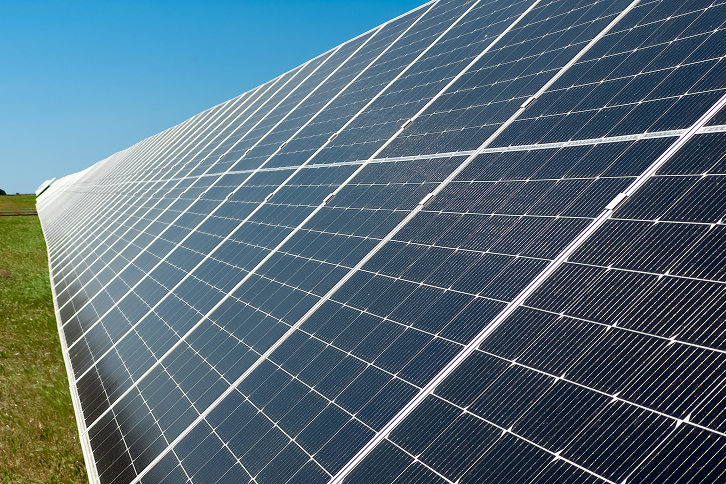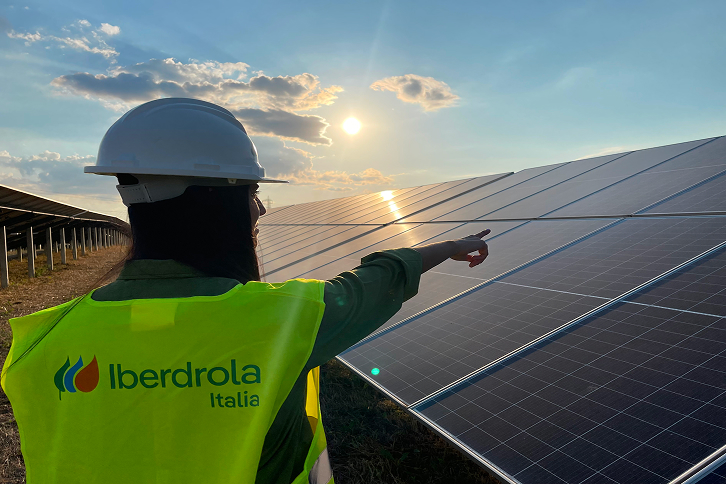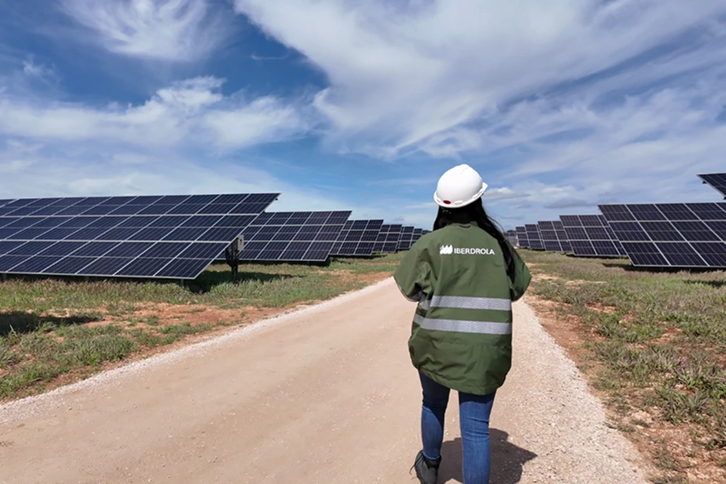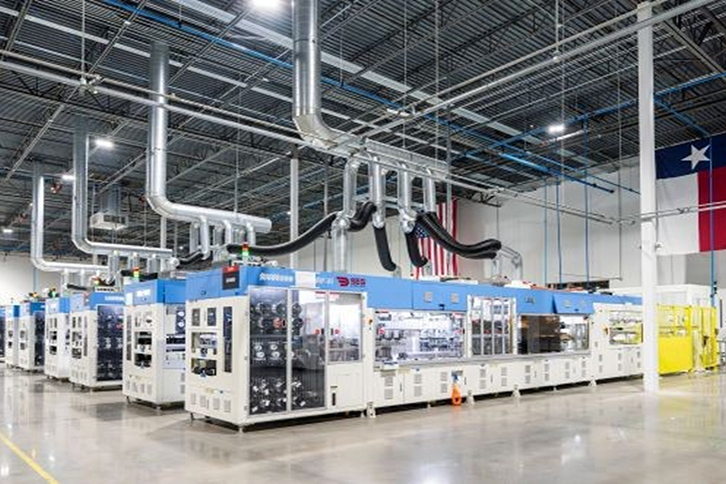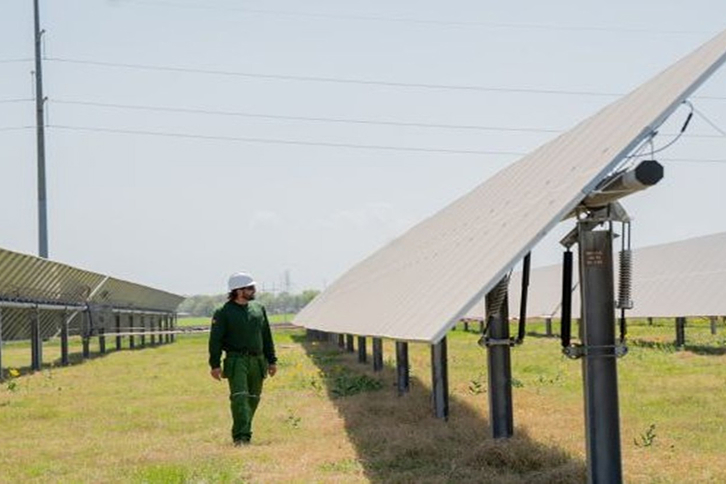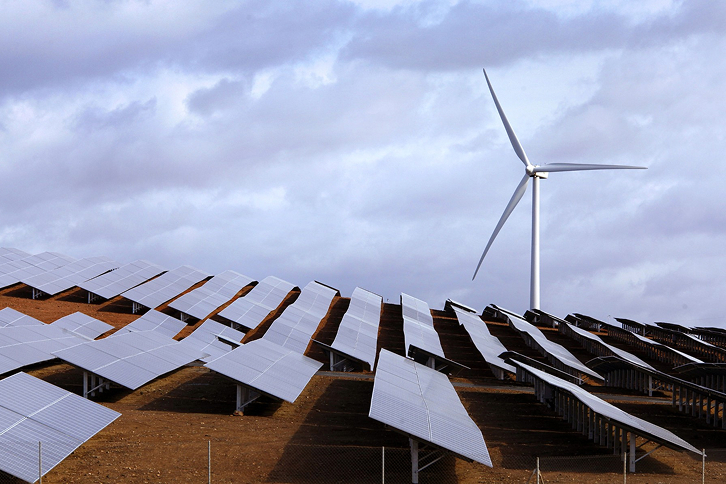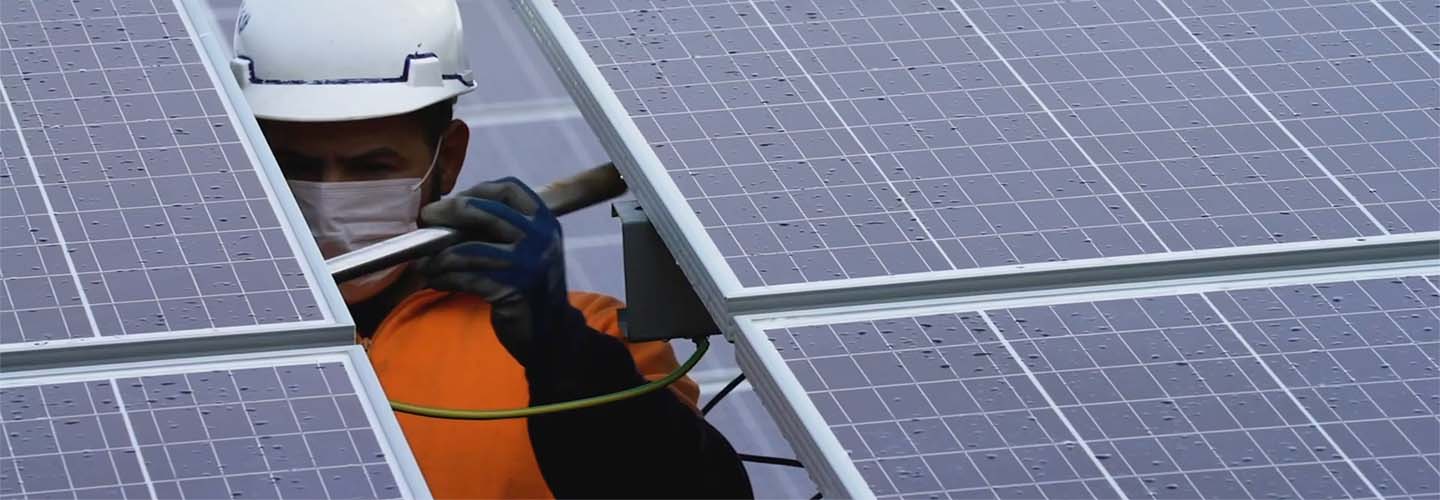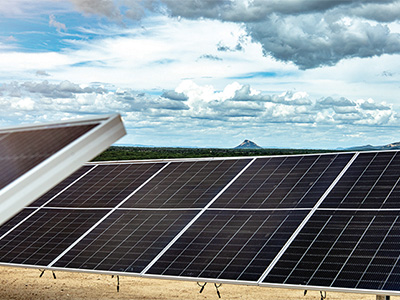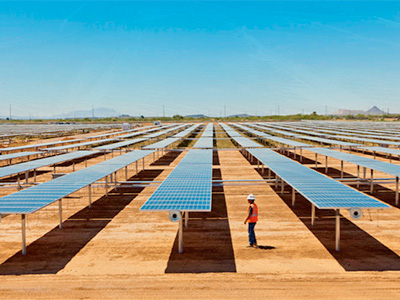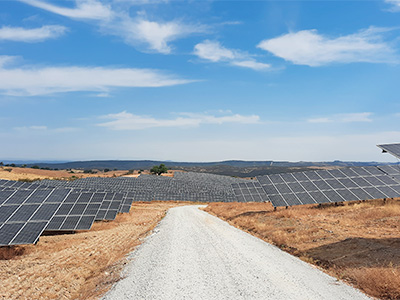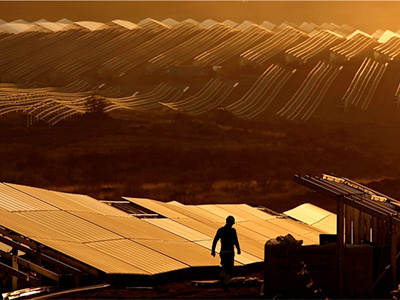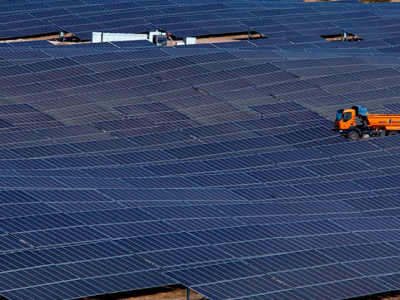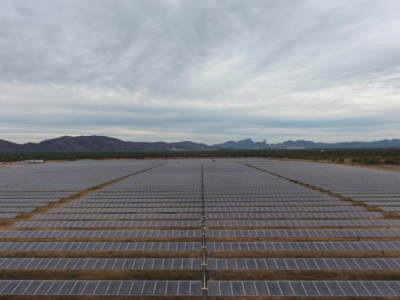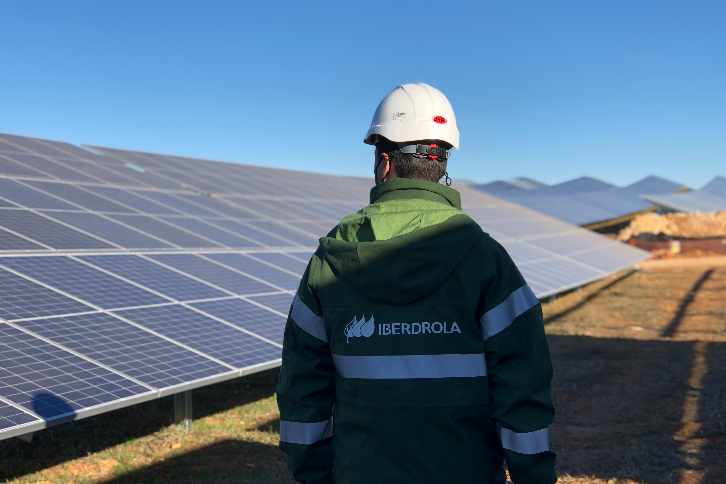-
Iberdrola Deutschland and Salzgitter Flachstahl GmbH have concluded a further power purchase agreement (PPA) for 15 years. From 2025, Iberdrola Deutschland will supply Salzgitter Flachstahl GmbH with around 60 gigawatt hours (GWh) of green...
-
Facebook Iberdrola Deutschland seals PPA with Salzgitter Flachstahl GmbH: Iberdrola's second solar park in Germany will supply more than 900 GWh of green electricity
-
Twitter Iberdrola Deutschland seals PPA with Salzgitter Flachstahl GmbH: Iberdrola's second solar park in Germany will supply more than 900 GWh of green electricity
-
Linkedin Iberdrola Deutschland seals PPA with Salzgitter Flachstahl GmbH: Iberdrola's second solar park in Germany will supply more than 900 GWh of green electricity
-
Whatsapp
Iberdrola, through Avangrid, its subsidiary in the United States, has begun construction of the Camino Solar project in Kern Countru (California). The photovoltaic plant will have 105,000 solar panels and, with a capacity of 57 MW, will ...
-
-
FCC Ámbito, a subsidiary of FCC Servicios Medio Ambiente, and Iberdrola, through its PERSEO Venture Builder programme, have signed a strategic collaboration agreement to promote the industrial-scale recycling of photovoltaic panels. Following...
Iberdrola and Arbórea Intellbird, the Spanish based technology company that created Arachnocopter and Antecursor I, are working at the Villarino solar plant (Salamanca), which is already operating at full capacity, with the robot Antecursor...
-
Iberdrola has signed an agreement with IB Vogt for the construction of a 245 MW photovoltaic project in Sicily, to which a further 60 MW could be added, bringing the total to 305 MW. In any case, the initial project has sufficient capacity to...
-
Facebook Iberdrola strengthens its presence in Italy and will build the largest solar plant in the country
-
Twitter Iberdrola strengthens its presence in Italy and will build the largest solar plant in the country
-
Linkedin Iberdrola strengthens its presence in Italy and will build the largest solar plant in the country
-
Whatsapp
Iberdrola España and the Asturian business group Exiom continue their steps towards the definitive opening of the photovoltaic module factory in Asturias. The first large solar panel factory in Spain is scheduled to start up next spring. ...
-






